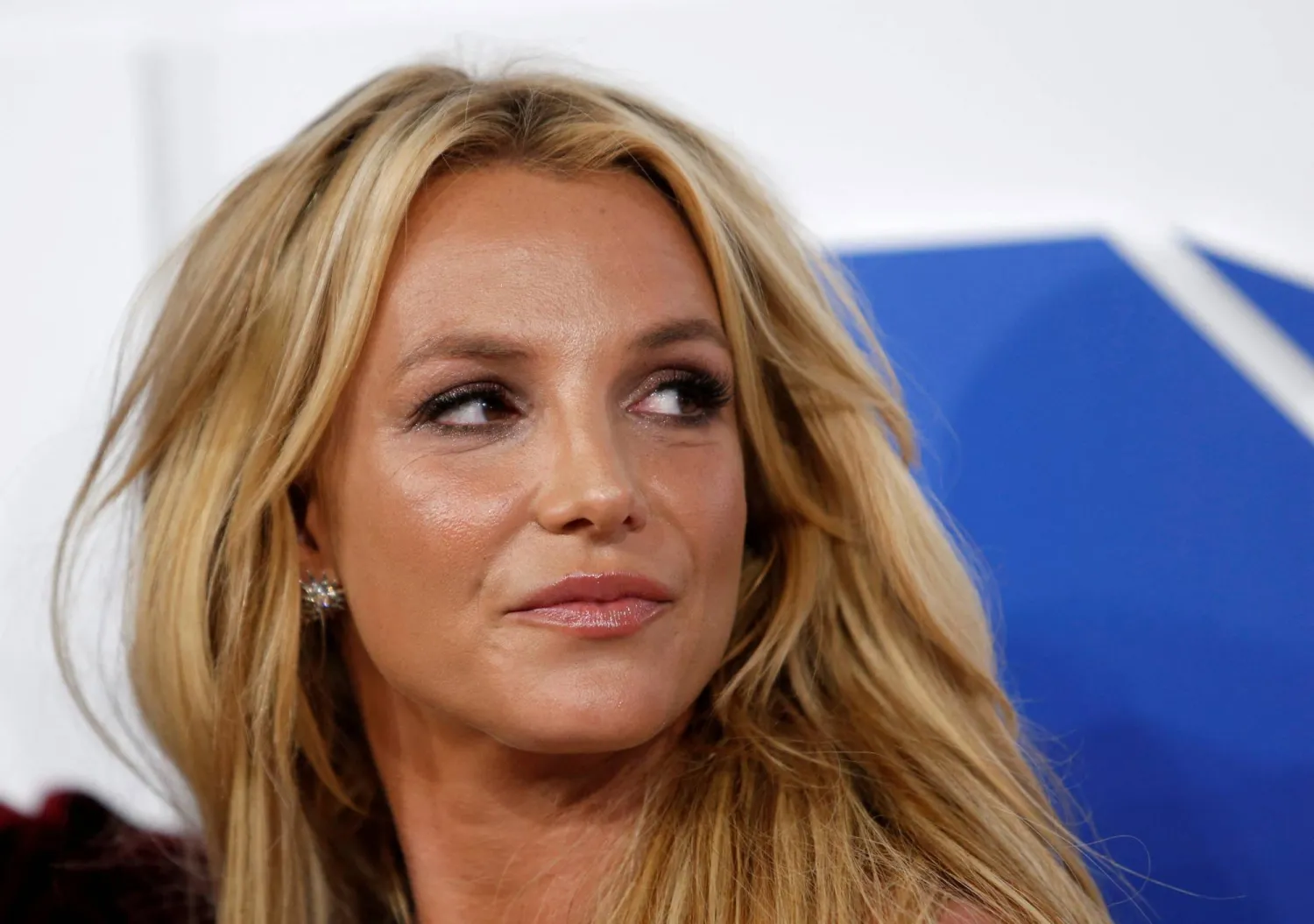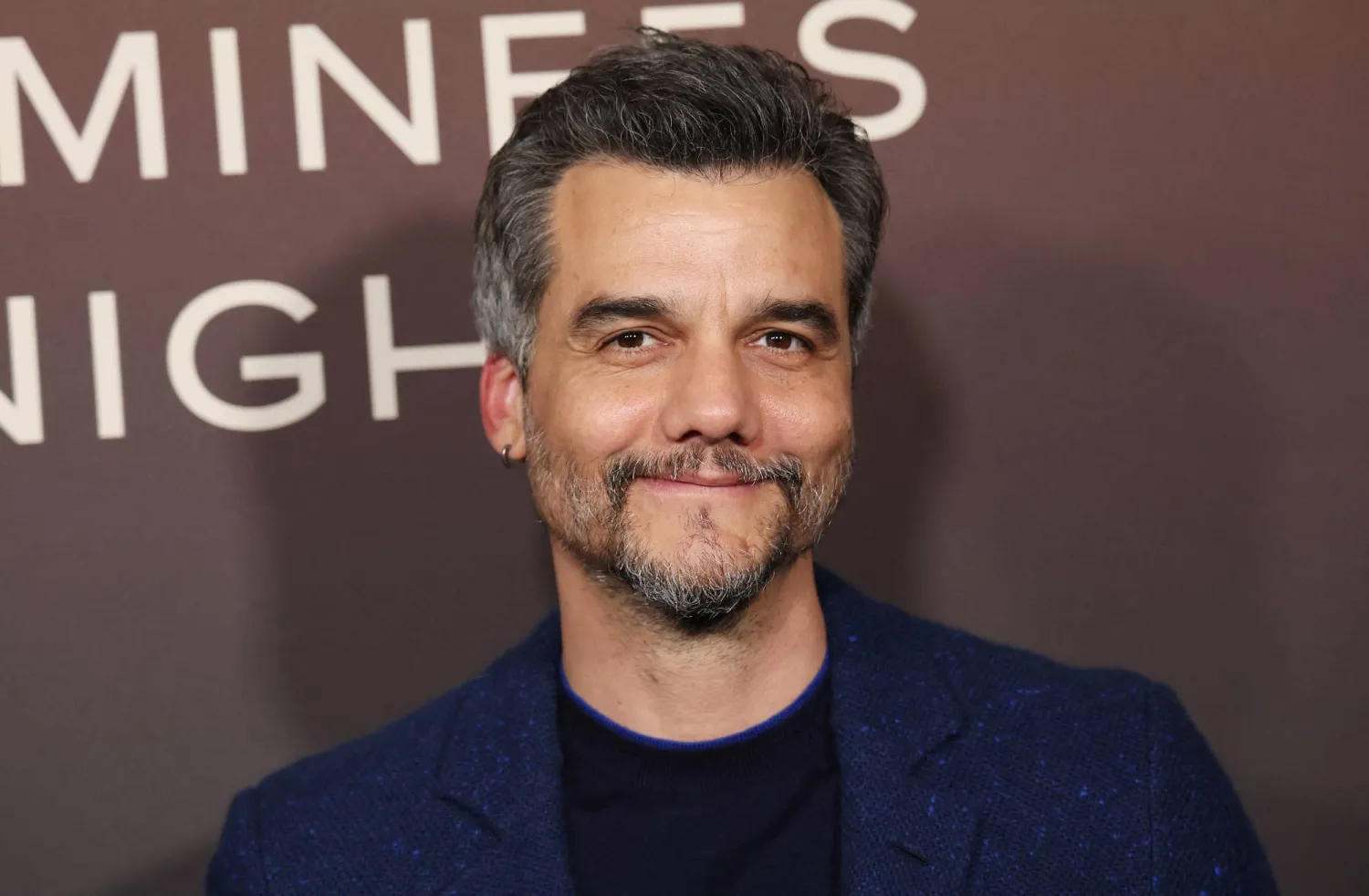As late South Korean actor Lee Sun-kyun's family and friends gather to mourn his death, public criticism of police and media conduct during his investigation for suspected drug use is growing.
Lee, best known globally for his starring role in the Oscar-winning film "Parasite", was found dead inside a car in Seoul this week, with media reporting he left a note "that reads like a will".
Lee's reputation had suffered a significant blow when South Korean authorities launched an investigation into his alleged drug use in October.
The celebrity was dropped from television, film and commercial projects, incurring damages media reports estimated at up to 10 billion won ($7.8 million).
Police were accused of leaking confidential investigation details to the press, fanning malicious coverage and fueling the spread of unverified content online.
Lee's death has prompted public criticism of the media and police, who questioned him for 19 hours a few days before his death.
"There was no need to name the suspect in the investigation", Vladimir Tikhonov, professor of Korea studies at the University of Oslo, told AFP.
"In South Korea -- to a much larger degree than in any European country with higher degrees of tolerance for the use of psychotropic stuffs -- being named as a suspect in a drug investigation is a punishment per se, by social ostracism."
Yu Hyun-jae, a communications professor at Sogang University, told a local broadcaster that Lee's case can be considered a "social murder", with the media, police, and the public sharing responsibility.
Incheon Metropolitan Police chief Kim Hui-jung defended the "entire investigation process", which he said was conducted "in compliance with legal procedures".
"There was no leakage (to media) of investigation details as raised by some," he told reporters Thursday.
South Korea has tough laws on illegal drugs, with President Yoon Suk Yeol declaring a "war on drugs" after taking office last year.
Grief and goodbyes
A private ceremony for the actor was held at the Seoul National University Hospital on Friday, after which his body was taken to a crematorium.
The ceremony was attended by his wife and fellow actor Jeon Hye-jin, his two sons, and many of the actor's colleagues, including Gong Hyo-jin, Ryu Seung-ryong and Lee Sung-min.
"Parasite" director Bong Joon-ho and co-stars Park So-dam and Park Myung-hoon visited the funeral home on Thursday, as did acclaimed auteur Park Chan-wook and actors Jung Woo-sung and Lee Jung-jae.
Grieving fans stuck handwritten notes to the front of the hospital.
One wrote: "Thank you for being Lee Sun-kyun.
"The works you have created with your efforts and sincerity have saved countless people."
"We're sorry we couldn't do anything for you when you were having a hard time," the note said.
A series of entertainment industry events in South Korea were cancelled so that people could pay condolences to the late actor.
Gangnam in focus
Seoul's Gangnam district -- known for expensive apartments, high-end bars, clubs and a cluster of plastic surgery clinics -- has been at the center of a series of high-profile drug scandals.
Lee had been suspected of using illicit drugs at the residence of a hostess employed at a high-end bar in the glamorous district.
The late actor had denied knowingly taking the drugs, saying he was "tricked" into doing so by the hostess, against whom he had filed a complaint for blackmail and extortion, according to South Korea's Yonhap news agency.
Lee had tested negative for drugs twice, once during police investigations and again in a lab last month, Yonhap reported.
Police said Friday they had transferred a plastic surgeon, who operates a clinic in Gangnam, to the prosecution for the alleged illegal supply of drugs to the bar hostess.
Among the drugs that Lee allegedly took was ketamine, which was involved in a 2018 date-rape scandal at Gangnam's Burning Sun nightclub, then run by the now-disgraced and convicted K-pop star Seungri.
This year, a man was sentenced to life in prison for orchestrating a kidnapping and murder that involved ketamine also illicitly obtained from a plastic surgery clinic in Gangnam.









